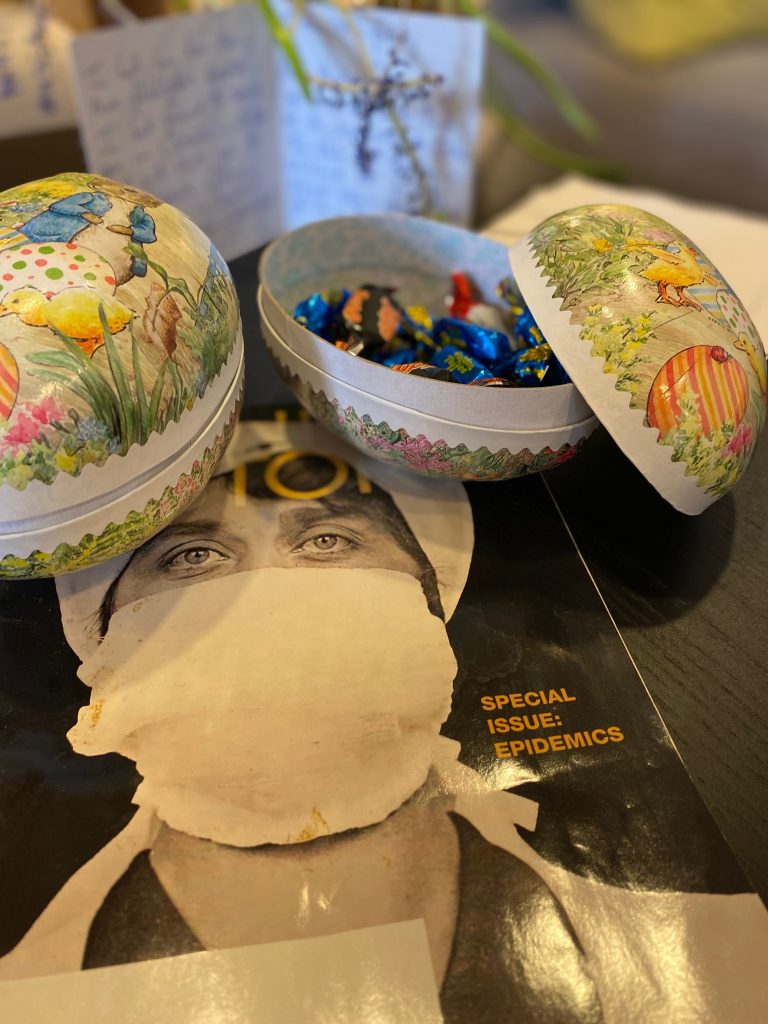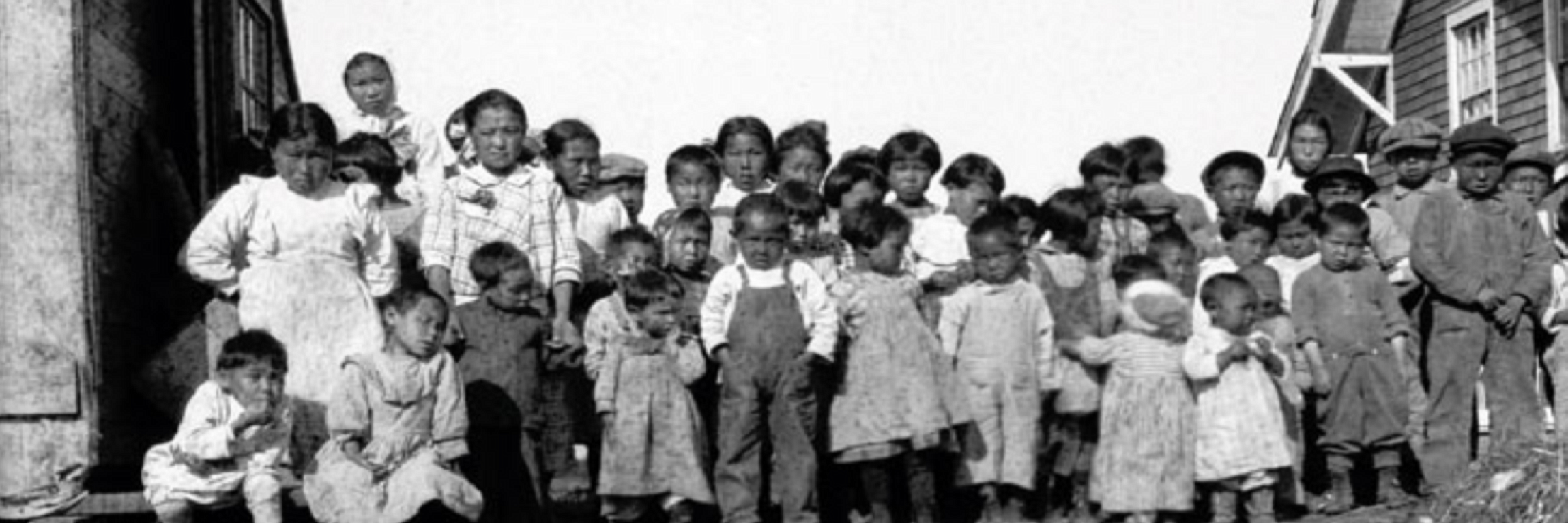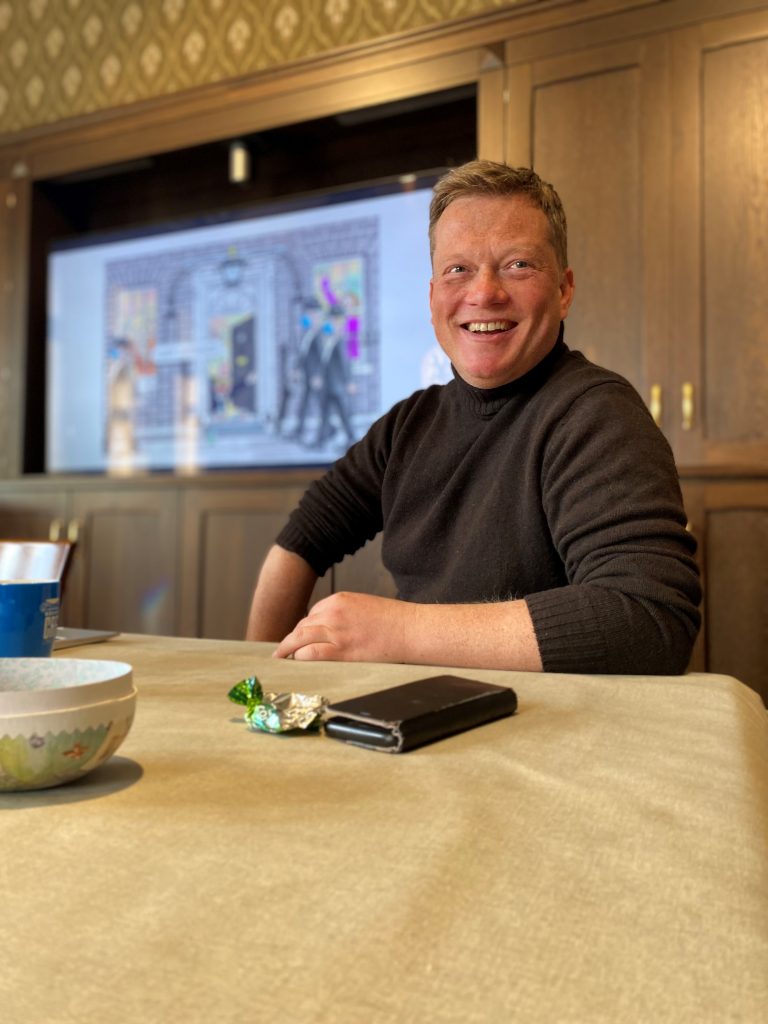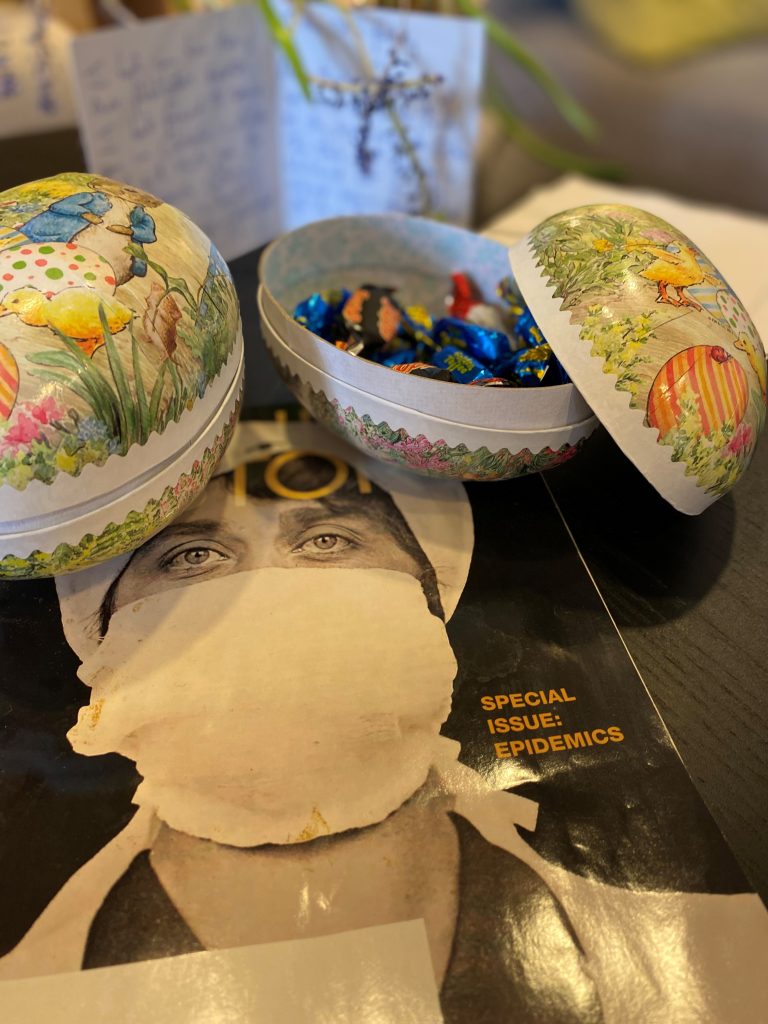On 16 March at 1600 Oslo time*, Elisa Perego, University College London, will present “Long Covid: history, research, future challenges.”
SARS-CoV-2 is now recognized as a virus associated with high mortality and morbidity. The Covid pandemic has left behind a death toll of several millions, and counting. Many more people, however, never fully recovered from their initial infection and suffer from prolonged symptoms, signs and sequelae –what patients themselves named Long Covid and brought into the spotlight in the early pandemic months. In the first part of the talk, I will detail the rise of Long Covid as a patient-led research and advocacy movement in 2020. In the second part, I will address where we stand now with research on Long Covid as a disease –and how we can best move things forward. Finally, I will address the role of Long Covid in relation to prolonged diseases and sequelae associated with other viral infections, like following the first SARS (Long SARS) and pandemic influenza (Long Flu).
Elisa Perego (MA, PhD) is Honorary Research Fellow at University College London and a Long Covid Kids Champion for the UK Charity Long Covid Kids. She was in hard-hit Lombardy, Italy, during the first Covid wave. Since then, Elisa has contributed to research, policy and science communication on the long-term health effects of SARS-CoV-2 infection. She took part to the landmark WHO meeting of August 2020, which openly recognized Long Covid. She coined the term Long Covid.
Contact jessicad@oslomet.no for a link.
*While some areas will be “springing forward” this coming weekend, we do not do so for a couple weeks still, so be sure to check your time zone conversions!
![]() , those who have or have access to a cabin spends a half or a full week in the mountains or by the sea. Happy Easter to all at PANSOC and our collaborators and members of our Centre for Advanced Study-project.
, those who have or have access to a cabin spends a half or a full week in the mountains or by the sea. Happy Easter to all at PANSOC and our collaborators and members of our Centre for Advanced Study-project.










